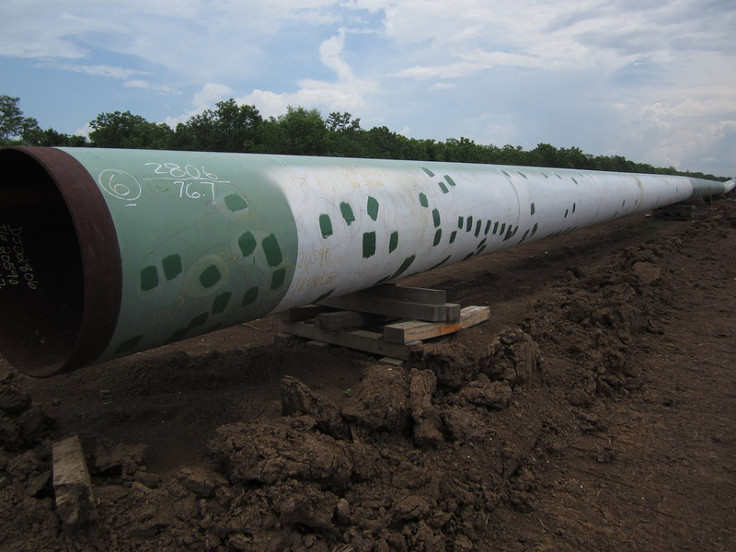Judge Rules Against Keystone Pipeline Route: Will This Project Ever Get Approved?

Just weeks after a State Department report endorsed the Keystone XL pipeline, a judge in Nebraska Wednesday struck down a law that would allow the pipeline to proceed through the state.
Lancaster County Judge Stephanie Stacy ruled that Gov. Dave Heineman's approval of the route last year was not valid because the decision should have been made by the Nebraska Public Service Commission, which regulates pipelines and utilities.
The much-debated project would bring crude oil from Canada's tar sands and the northern United States south to refineries on the Texas Gulf Coast, and it would pass through Nebraska. In January 2012, President Barack Obama acknowledged concerns about the route and rejected TransCanada’s application for a presidential permit; the company drew a new route through Nebraska that satisfied Heineman, who approved the change, and TransCanada reapplied for a presidential permit. Federal approval is required because it would cross an international border.
“In 2012, Gov. Heineman worked with pro-oil industry members of the state Legislature to give himself the authority to approve the Keystone XL tar sands pipeline,” Ken Winston, policy advocate for Nebraska Sierra Club, said in a statement. “Today the Nebraska District Court put the decision on this dangerous pipeline back into the hands of the people. The Keystone XL pipeline will not be built across Nebraska.”
Originally homeowners and environmentalists joined forces to oppose the Keystone’s route in Nebraska, arguing that the route would run through the Sandhills region, under which flows a giant, shallow freshwater aquifer. The new route avoids that area.
Since the project was first proposed in 2005, the project has been mired in controversy.
Opponents say extracting tar sands is extremely energy-intensive because it requires breaking down a semi-solid form of petroleum so it can flow through a pipeline, something that is not necessary for normal crude oil.
Proponents, on the other hand, say the benefits of building the pipeline outweigh the environmental risks by reducing America's dependence on oil from hostile, unstable countries in the Middle East and elsewhere.
For now, Secretary of State John Kerry will be reviewing the 11-volume environmental impact study that was released early in February. He will seek comment in the next 90 days from the departments of Defense, Justice, Interior, Commerce, Transportation, Energy, Homeland Security and the Environmental Protection Agency.
After the review, Kerry will give his recommendation to the president, who is the sole person who can approve the project because it crosses the U.S.-Canadian border.
© Copyright IBTimes 2024. All rights reserved.












